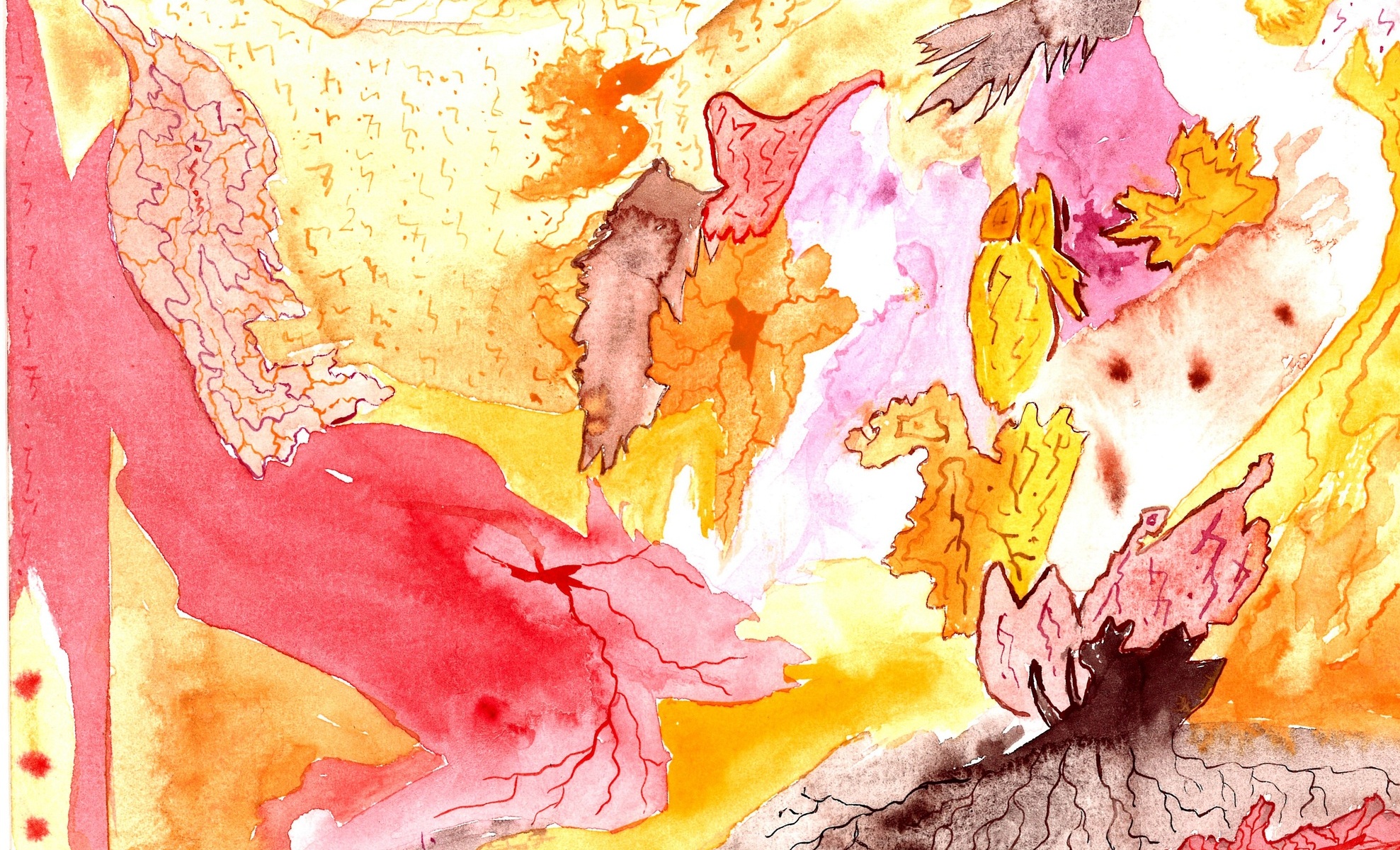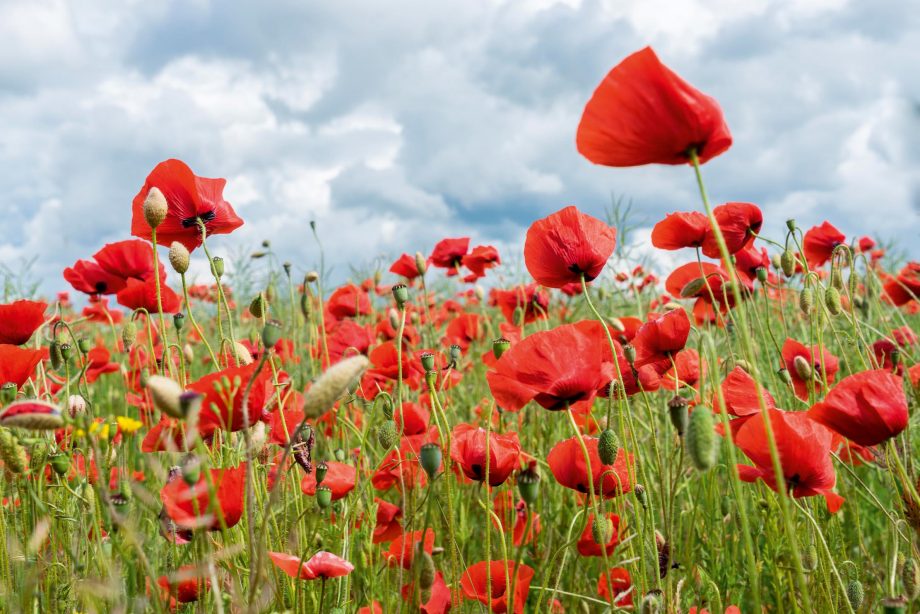As with any emotion, guilt, is information, pointing us to an issue we need to become aware of. It’s an insight that helps us to see our wrongdoing and enables making amends. Sometimes, though, the feeling of guilt is not so easily trackable to its causation. In some cases, it may also seem irrationally disproportional to the reason that caused us to feel that way.
The latter is the case when we are dealing with a deeper, unresolved pattern, that has been unaddressed for a long time. It can even drag on for centuries until it finds a channel to discharge. Emotions do not belong to us personally. They can be handed over ancestrally and can be also culturally shared. As individuals, we are embedded in a broader web of collective. Culture, family, and history impact us through matter, thoughts, and feelings.
The feeling of guilt is a big one in the context of addressing cultural harm. When people voice racial, social, or gender injustices, and we find ourselves embodying the group that has caused the harm, it can evoke guilt in us, even if we did not actively partake in the wrongdoing personally.
Merely through our specific embodiment, we represent a group of people, specific ancestors, and a certain culture. It can feel unfair to be blamed or be blaming oneself for something that we personally did not do. It can also cause a conflict inside of us, where one part is feeling guilty, and the other part is not feeling guilty, and on top of that, is annoyed at being targeted as the culprit.
I find myself in that inner conflict when I receive criticism over whiteness. As a Georgian, who shares the cultural experience of having been colonized and imperialized multiple times throughout history, over and over again, it is hard to be equated with white colonialist people. We, Georgians, do have white skin and share, at the same time, the burden of a colonized collective psyche. In the inner conflict, I find myself resisting taking on the criticism and at the same time realizing, that also only the plain physical fact of me being “white” already brings me into the place of representing and accounting for the harmful deeds that white people enact.
I noticed also that my resistance to that criticism comes actually from the fear of the heaviness of guilt. When I elaborate on this, I realize, that the experienced extreme density of guilt, that threatens to weigh me down and paralyze me, comes from the fear of not being able to forgive myself. It’s hard to see myself as the wrongdoer because I’m harsh towards perpetrators. And vice versa, because I’m harsh towards perpetrators it’s hard to see myself as the wrongdoer. It’s the same heavy coin.
It is so important, that we learn to be softer and more forgiving, to ourselves and to others. The tighter the gate of forgiveness is closed, the more prone are we to dodge accountability. If we know that we can forgive ourselves, we can face the accusations without falling into the heavy hole of shame and self-blame. That hole is no help. Neither to us nor to others. We can’t perform repair from that place. When we forgive ourselves, we are in a space where we can receive critique without losing our center and thus are so much more eligible for mending.
Forgiveness is freedom. When we are able to forgive ourselves, we are better at forgiving others. That unchains the unhelpful blocks that hinder actual repair in the world.
Let’s hang out in forgiveness and face, what needs to be faced in the name of accountable freedom.
Enjoy your freedom, dear ones.
<3

